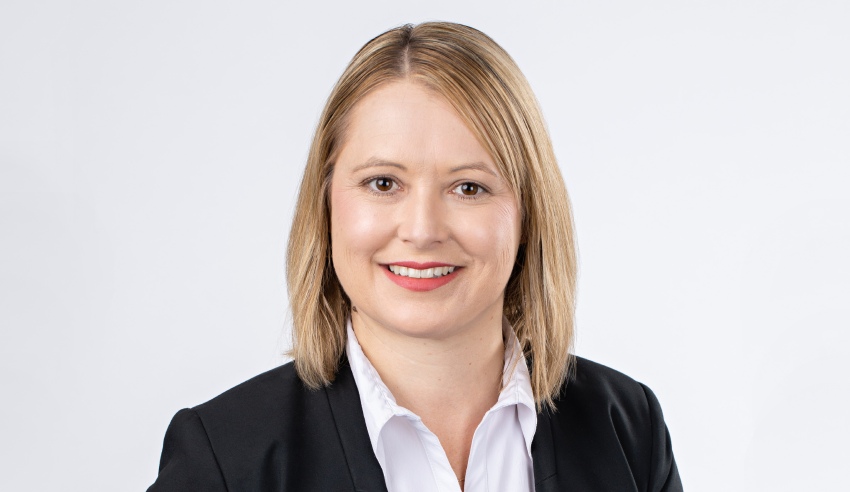Australian society is “gradually recognising” that families can be, and are, made up of different people with unique circumstances, says Eva Bailey.

Speaking to Lawyers Weekly, Andersons Solicitors partner Eva Bailey (pictured) outlined the importance of adult adoption, noting that recent changes to the law have allowed people who were not legally recognised as family members to now achieve that legal recognition.
“Adult adoption is available in South Australia, and I help people with Applications to the Youth Court of South Australia in this area. To my knowledge, it is also available in each state and territory of Australia, except for Queensland (Adoption Act 2009 [QLD] specifically does not allow it) and the Northern Territory (Adoption of Children Act 1994 [NT] that only covers children being adopted),” she detailed.
Laws allowing for adult adoption are essential, she argued: “It is a serious consideration for the court as to whether or not they should grant an application for adoption, making someone the legal parent of a person when they otherwise were not, and thereby severing the legal relationship between that person and their former legal parent.
“In my experience, in most cases, people seeking to be adopted as an adult are seeking to legally recognise the person who has in fact raised them and acted in the role of a parent to them and whom they consider to be their parent in any event.
“It is truly rewarding to be able to help people achieve this, knowing how important it is to them, and it is encouraging to be able to help people achieve a positive legal outcome in their case that does not usually involve an adversarial situation.”
Adult adoptions have only been permitted in South Australia since changes were made to the Adoption Act 1988 (SA) in late 2016, Ms Bailey outlined, followed by a change to the Adoption (General) Regulations 2018 in December 2018.
“Hence, we have been able to assist people to apply to adopt an adult in SA since December 2018, and over the last couple of years, the number of people becoming aware of this and seeking my assistance to make these applications has grown,” she said.
“Last year was made difficult by the fact that at times we could not see people in person to take their instructions in these matters, meaning that we had to adapt and find ways to do so using technology. Some clients have put their applications on hold until their adult child can return to SA to be present in SA for the application so that it may be granted.”
Thankfully, Ms Bailey noted, the impact of the age of the coronavirus on adult adoptions has been “limited”, given that courts in most jurisdictions were still able to operate and consider applications including adoption applications, albeit via remote means.
“Having said that, any potential life-threatening illness can cause people to consider their life expectancy and to take steps to sort out their legal will and estate situation in the event that something may happen to them in the future,” she said.
“Many clients applying to adopt an adult in their lives do so because they have raised that adult as a child and they want to provide for them from their legal estate and this is made simpler if they legally adopt them as their legal child.”
Moreover, Ms Bailey continued, in South Australia, in order to apply to adopt someone, one must be a resident or domiciled in SA, and to be a person who is adopted, one must be in the state at the time of the adoption.
She said: “This has meant that some adoption applications have been held up, as some residents of SA or persons wishing to return to SA to be adopted have found it more difficult to travel to SA, particularly from overseas.”
The adult adoption area is “growing”, Ms Bailey proclaimed, in terms of the number of people seeking to make applications to the court.
“As the area is relatively new to SA, there are not very many practitioners with experience in the area, so opportunity does exist,” she said.

Jerome Doraisamy is the managing editor of professional services (including Lawyers Weekly, HR Leader, Accountants Daily, and Accounting Times). He is also the author of The Wellness Doctrines book series, an admitted solicitor in New South Wales, and a board director of the Minds Count Foundation.
You can email Jerome at: